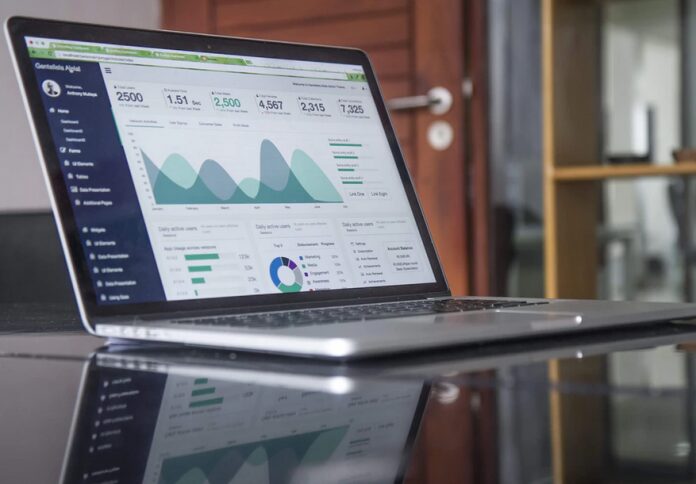
Are you an owner of a small meat shop or bakeshop? Perhaps, you own a waffle or pizza stall in the canteen. Or are you selling small merchandise and goods online? Whatever it is, you are already doing business. However, there is one essential factor in business that you should know and that is accounting.
Perhaps, you have already heard it a myriad of times or have a little background about it beforehand. But do you know how important its role in your business is? Yes, accounting is not only for big-scale enterprise or commerce. No matter how small your business is, you need to learn and do it.
The problem with most small business owners is the lack of accounting knowledge and even resources. They don’t yet see the importance of accounting. Here are five basic accounting needs that every small business owner like you should know. Keep in mind that every big company started small. Therefore, you must do your business now the right way.
1. Basic Knowledge of Business Accounts

You don’t need to be a graduate of accounting or any business course to know the fundamentals of business accounts. When you have a business, you have to learn how these concepts work. Otherwise, it would be difficult for you to trace your transactions when you encounter some financial problems.
By knowing these business accounts, you would be able to manage your finances well. They would be your guide in tracking the state and growth of your business. A basic understanding of these terms can help you systematize your financial records.
There are five basic account types in your business: assets, liabilities, equity, revenue, and expenses. Assets are anything of value that your business owns, while liabilities are anything that your business owes. The resulting difference of these total liabilities and assets is the equity, which is the current financial interest in your business.
Revenue or income is what your business earns from selling products or providing services. Expenses, on the other hand, are the cost incurred to generate income. These five accounts are essential for you to understand so that you would know how to improve and expand your business.
2. Quality Bookkeeping

You need to record every financial transaction in your business. It is where you should utilize your knowledge about business account types. A quality bookkeeping would help you trace where your money comes from and where you spend it.
Your business needs cash to keep it operating. Understanding the cash flow in your business is not an easy task. But through bookkeeping, you could analyze and manage your cash flow. It would make you see a more precise picture of your business’ financial situation.
3. Financial Reports

Business involves a lot of financial reports. Without these reports, it would be hard for you to determine the status of your business. Keep in mind that making business is also a risk. You must evaluate it now and then.
The most crucial financial report for a small business is the cash flow statement. It would help you assess whether your business is generating cash or not. For a small business, a monthly report for your cash flow is recommended.
However, making and analyzing any financial report could be hard and stressful. Never hesitate to ask for advice from outsourced accounting services like DPS Accounting. They could help you make better financial decisions and strategies for your business.
4. A Separate Business Bank Account

You need to have an account dedicated specifically to your business. A business account would allow you to track your business cash flow effectively. It would prove that your business is not only a hobby.
Aside from that, it is every business owner’s dream to grow their business. Setting a separate business bank account would make you run it professionally. After all, you have to keep your personal and business income separate for tax purposes. It would be a lot easier to track your financial transactions, especially when the time to file taxes comes.
It would also protect you from legal liability. Regardless of the size of your business, it is vulnerable to some legal problems. It could be due to an unpaid employee or a dissatisfied customer. You need to have a separate business entity to minimize the risk of losing your personal assets in case a lawsuit is filed against you.
5. Payroll System

No matter how small your business is, you need to establish a payroll system. It would outline if you paid your employees weekly, biweekly, or monthly. You should also develop policies that would help your employees understand your payroll process.
The structure is essential in payroll to avoid legal liabilities involving the employee’s pay. Even small businesses can face payroll audits from government agencies. Therefore, you must start doing it in case you don’t have a payroll system yet.
A payroll system could save time because you can do payroll tasks in a structured and timely manner. If you need more guidance and help to establish a payroll system for your business, never hesitate to consult the experts.
Takeaway
Doing business is an arduous task. You need to plan it thoroughly so that you can prepare for any unprecedented challenges. Since business involves money, you need to be equipped with financial matters and strategies. Regardless of the size of your business, you need to learn and master proper accounting of your business’ finances. It’s one of the best ways to make your business grow. Otherwise, you would end up losing your business despite working hard for it every single day.











